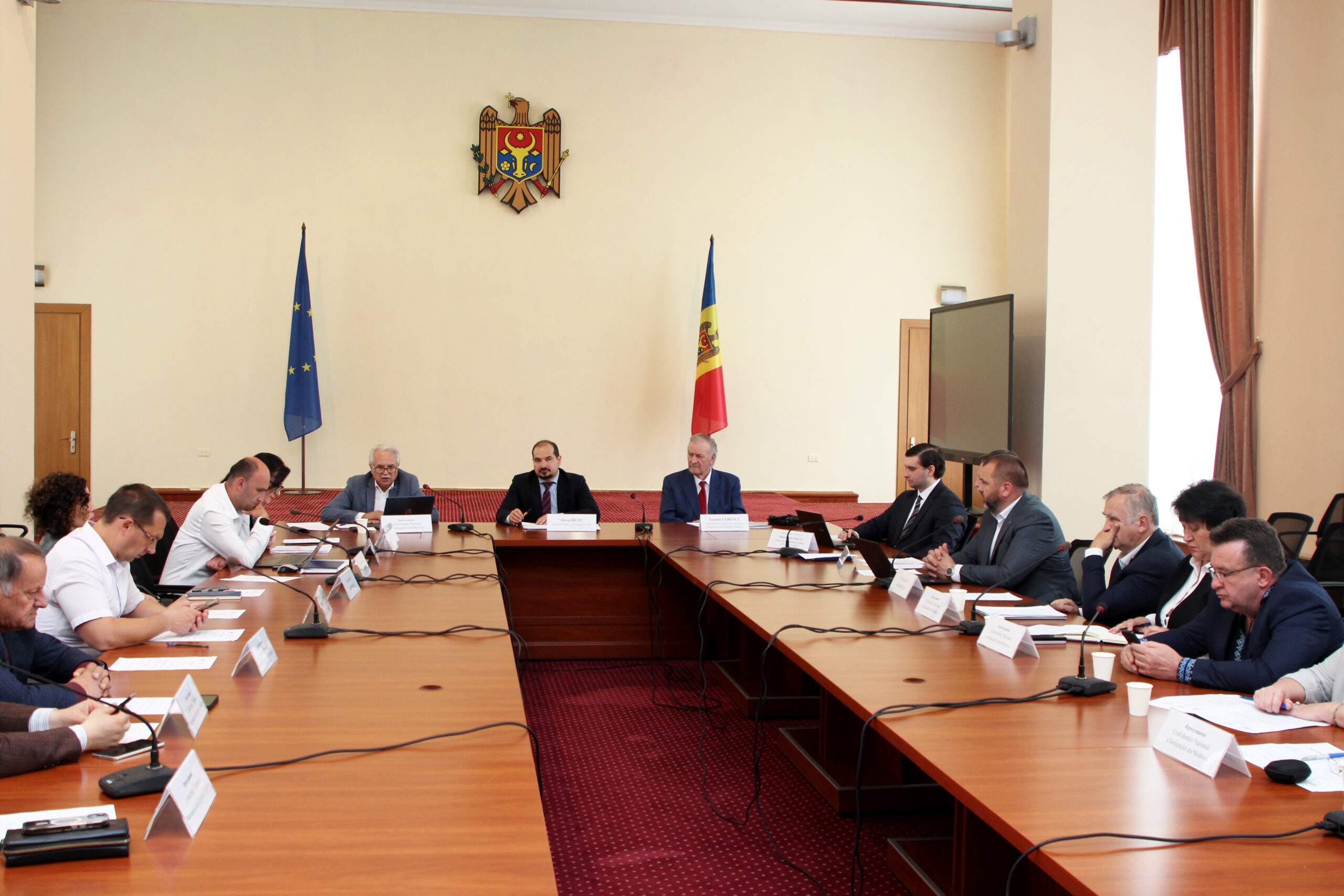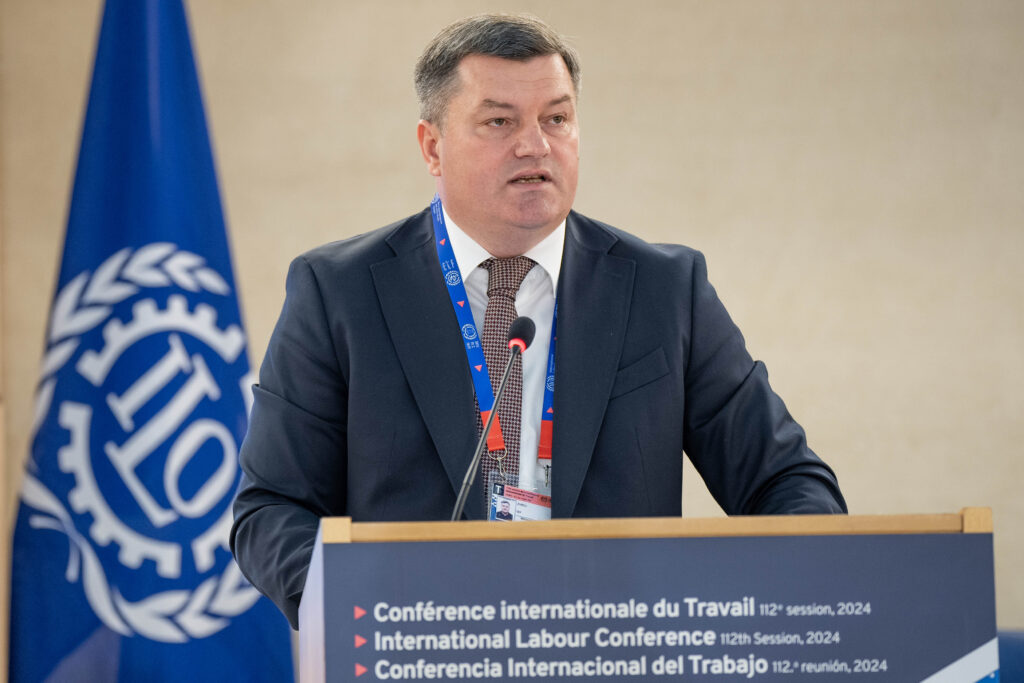At the meeting of the National Commission for Consultations and Collective Bargaining (CNCNC) held on May 15, 2025, representatives of the National Trade Union Confederation of Moldova (CNSM) reiterated the need to establish a mechanism for reexamining the national minimum wage and presented a series of proposals to improve the legal framework aimed at supporting the employment of young specialists.
CNSM insists that to ensure compliance with EU Directive No. 2022/2041 and retain the domestic workforce, it is necessary to set the minimum wage at 50% of the average monthly salary, amounting to 8,050 Moldovan lei.
The previously requested increase of the minimum wage to 6,000 lei from July 1 of this year, as advocated by CNSM, will have a positive effect on the revenues of the national public budget by increasing contributions to the Social Insurance Budget (BASS), the Medical Insurance Fund (FAOAM), and the state budget, as well as by stimulating consumption.
Regarding this topic, Sergiu Sainciuc, Vice President of CNSM, reiterated several arguments supporting the necessity of raising the national minimum wage. According to data from the National Bureau of Statistics, the average subsistence minimum in 2024 for a working-age person with one dependent child exceeded 6,120 lei. Therefore, the gross minimum wage required to cover the subsistence minimum today should be 7,113 lei.
It is also worth noting that, to ensure the calculation of the minimum pension for old age (starting April 1, 2025, with a minimum pension of 3,055.65 lei) from the minimum wage, a net minimum wage of at least 6,657.2 lei is necessary.
The CNSM proposals for improving the legal framework to support young specialists’ employment were presented during the meeting by Polina Fisticanu, Head of the CNSM Department of Socio-Economic Protection, and were supported by leaders of the national-sectoral trade union centers present at the session.
Currently, according to the document, one-time allowances for young specialists are mainly provided in the public sectors of education, medicine and pharmacy, culture, and veterinary medicine, and are regulated by various special laws and secondary normative acts.
CNSM notes that the benefits granted to young specialists vary significantly between targeted sectors, both in terms of the value of the one-time allowances and the conditions for granting them. It is also emphasized that there is a personnel shortage in other public sectors such as social assistance and public administration, where similar motivational mechanisms would be necessary.
To improve the legal framework concerning the support of young specialists’ employment, the following are proposed:
• Harmonization of the legal framework regarding the payment of one-time allowances to young specialists;
• Annual indexation of these allowances;
• Granting one-time allowances to young specialists upon hiring in all fields of the budgetary sector (public administration, social insurance and assistance, public order and state security, etc.);
• Providing transportation compensation to all young employees assigned by distribution if their workplace is outside their locality of residence;
• Extending the support mechanism for the employment of young specialists to the real economy sector.
CNSM believes that implementing these proposals would significantly contribute to motivating and retaining young specialists in the workforce, both in the public and private sectors, where labor shortages are observed. It is expected that the competent authorities will examine the proposals and decide on the next steps.
Other topics discussed during the meeting included the need for an analysis of the situation in the construction sector and the possibility of using the median wage as a reference. The parties agreed to continue the dialogue within working groups to identify the best solutions to the issues raised.

